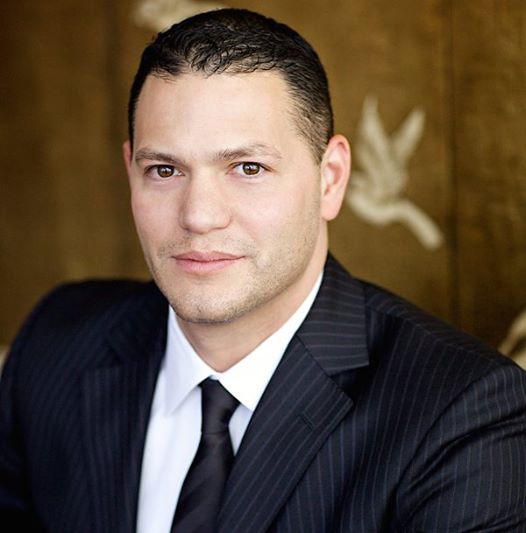
pylori-induced inflammation and carcinogenesis (Mongolian gerbils and mice), we have shown that inactivation of such genes attenuates the development gastric injury and cancer.

Extending these results into rodent models of H.

pylori products that are related to pathogenesis within the gastric niche. Recently, we have used global proteomics approaches to identify additional H. Using in vitro models of bacterial:gastric epithelial cell interactions, we have shown that cag island genes are required for pro-inflammatory cytokine release and induction of apoptosis, and that these events are mediated by activation of NF-kB and/or mitogen-activated protein kinases (MAPK). pylori strain-specific determinant associated with cancer is the cag pathogenicity island, and cag+ strains augment the risk for severe gastritis and gastric cancer. pylori to gastric epithelial cells is critical for induction of inflammation and injury therefore, the overarching theme for our research has been delineation of the molecular signaling events initiated by bacterial:epithelial cell contact that regulate phenotypes related to carcinogenesis. pylori with their hosts that promote neoplastic transformation. However, only a fraction of infected persons ever develop cancer, underscoring the importance of defining mechanisms that regulate the biological interactions of H. Gastric adenocarcinoma is the second leading cause of cancer-related death in the world, and Helicobacter pylori, a bacterial species that persistently colonizes the human stomach and induces chronic gastritis, is the strongest known risk factor for this malignancy. An aberrant consequence of contact between microbes and gut epithelial cells is the development of mucosal inflammation, which, if allowed to become persistent, can initiate carcinogenic pathways. The gastrointestinal tract is a dynamic interactive barrier that normally segregates microbial populations from their cognate human hosts.


 0 kommentar(er)
0 kommentar(er)
